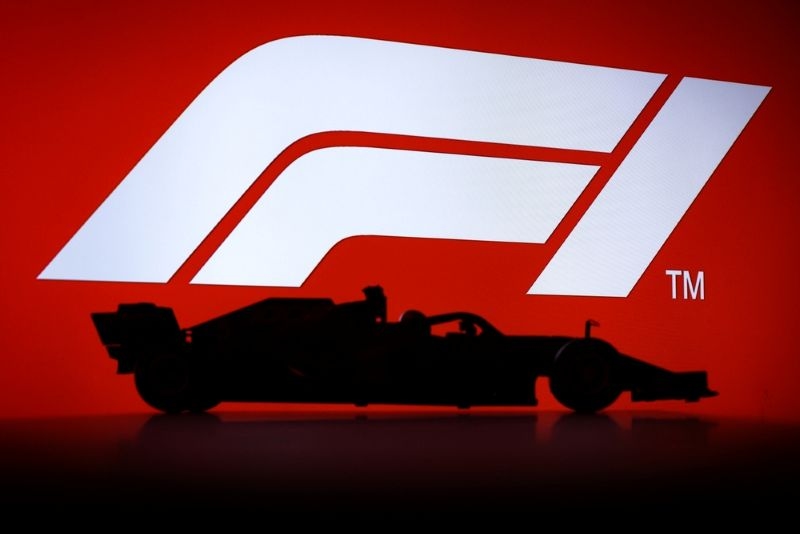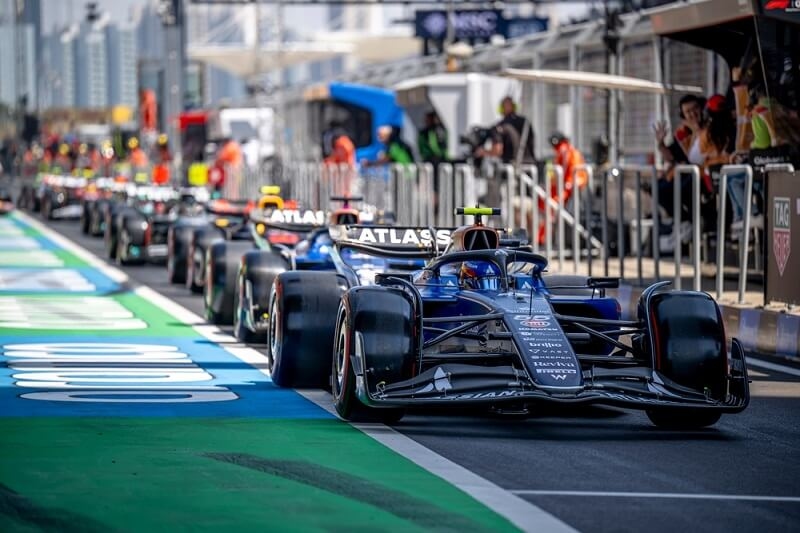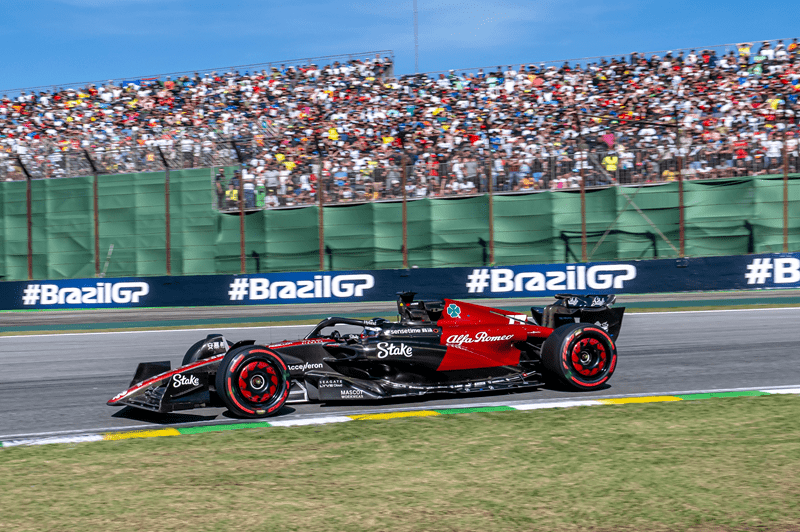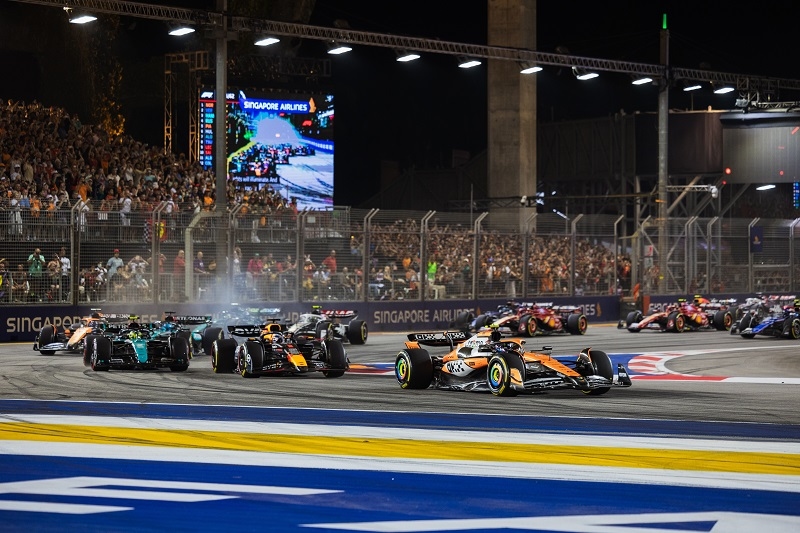F1 Demands Las Vegas Venues Pay For A View Of The Race

2023 has undoubtedly been an electric year for the world of motorsports. One event that has made headline news recently is the audacious demand by Formula 1, the top-tier international motorsport, for venues in Las Vegas to pay for the privilege of a view of the forthcoming Las Vegas Grand Prix 2023, taking place from November 16-18 at the Las Vegas Street Circuit. An unprecedented move, it shines a spotlight on the intersection of business and sport, the significance of event location, and the unique allure of F1 racing. The city of Las Vegas, famous for its dazzling casinos and endless entertainment, is gearing up for a different kind of spectacle - the thrill of Formula 1 racing.
Known for its showmanship, F1 has chosen to stage its newest Grand Prix in a city synonymous with excitement, luxury, and high stakes. However, the recent move has sparked discussion about the financial implications for venue owners and the ramifications for F1. Formula 1 races are more than just sporting events; they are extravagant spectacles attracting tens of thousands of spectators. The glamour of F1 - the speed, the precision, the nerve-wracking tension - has always had an innate charm that beckons viewers worldwide. Now, F1 plans to capitalize on this by demanding Las Vegas venues pay for a view of the race.
The Proposal Put Forward By F1
According to reports, a letter has been circulated demanding a fee of $1,500 per person for licensing rights. If a restaurant boasts a seating capacity of 1,000, it would be liable for a hefty $1.5 million under such conditions. This staggering sum is somewhat like mandating venue owners to purchase tickets for every single seat. It's worth mentioning that attending the Las Vegas Grand Prix doesn't come without a significant price tag. A study suggests it holds the dubious honor of being the most expensive race to attend in the F1 calendar, with an average three-day ticket cost of $6,651.
The controversial letter was reportedly dispatched to establishments lining the track, such as Planet Hollywood and Black Tap Craft Burgers and Beer. The document suggests that Las Vegas Grand Prix will make reasonable efforts to maintain visibility from the licensees venue to the race track. The license fee is set to equate to the maximum occupancy of the licensees venue, as per fire code regulations, multiplied by $1,500. Intriguingly, venues such as the Venetian and Wynn hotels aren't being levied this fee. This exclusion is due to their sponsorship of the race, which sees them contributing many millions of dollars.
The Proposal is Ingenious
The proposition is simple yet ingenious. Given the unique topography, cityscape, roads, and lanes of Las Vegas, several high-rise hotels and casinos offer potentially lucrative vantage points for race spectators. F1's decision to levy a fee on these views presents a new revenue stream that not only supports the organization but also arguably amplifies the prestige associated with the event. However, this move isn't without controversy. Opponents argue that it sets a worrying precedent. They claim that charging for views could lead to an elitist environment, where only those who can afford these premium viewing experiences get to enjoy the race in its entirety. This scenario could potentially undermine the spirit of accessibility and inclusivity that sports ideally embody.
Yet, proponents see it differently. They highlight the fact that this kind of exclusivity is part and parcel of F1's DNA. With its origin in the high societies of Europe, the sport has always been associated with luxury and exclusivity. In this light, the decision could be viewed as a natural extension of the sport's ethos, further cementing its status as a premier sporting event.
There May Be Economic Ramifications
The economic ramifications for the venue owners are equally layered. On the one hand, these owners have a golden opportunity to monetize their spaces, turning rooms and suites into exclusive, high-priced race-viewing spots to cater to the diehard F1 fans. On the other hand, the up-front cost demanded by F1 represents a risk, especially if ticket sales don't meet expectations. Additionally, there's the question of whether this move will set a precedent for other sports and events to follow suit. If successful, this could usher in a new era where event location is leveraged as never before, reshaping the financial dynamics of hosting major sporting events worldwide.
Moreover, it's important to note that while the Las Vegas Grand Prix 2023 may be new, the city is no stranger to hosting major events. Its well-established entertainment infrastructure, coupled with a history of successfully accommodating large crowds, might be a key factor in F1's decision to make this bold financial move. All these factors, coupled with the lure of the fast-paced, high-octane thrill of Formula 1 racing, make the Las Vegas Grand Prix 2023 an event to watch in more ways than one.
This content was created by AI




